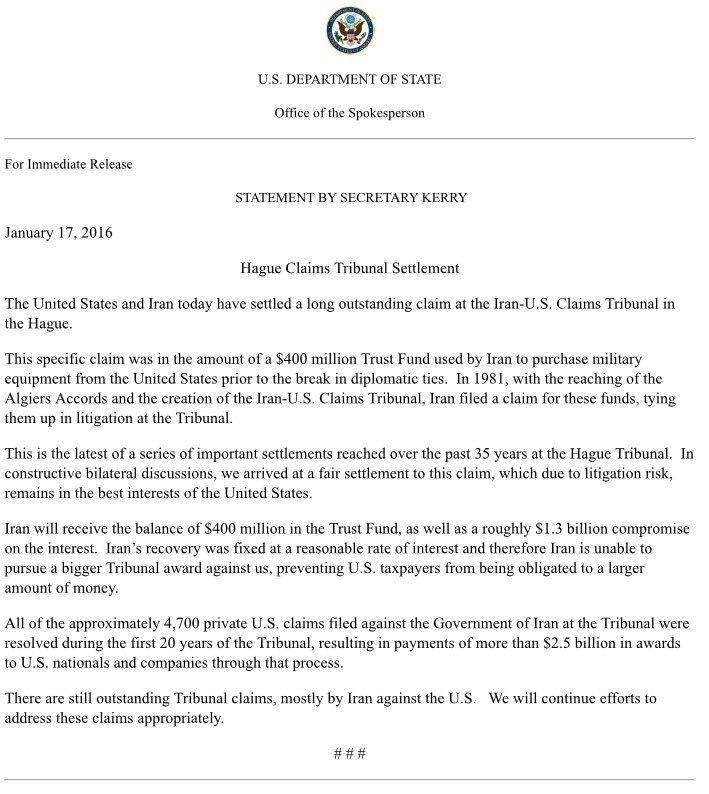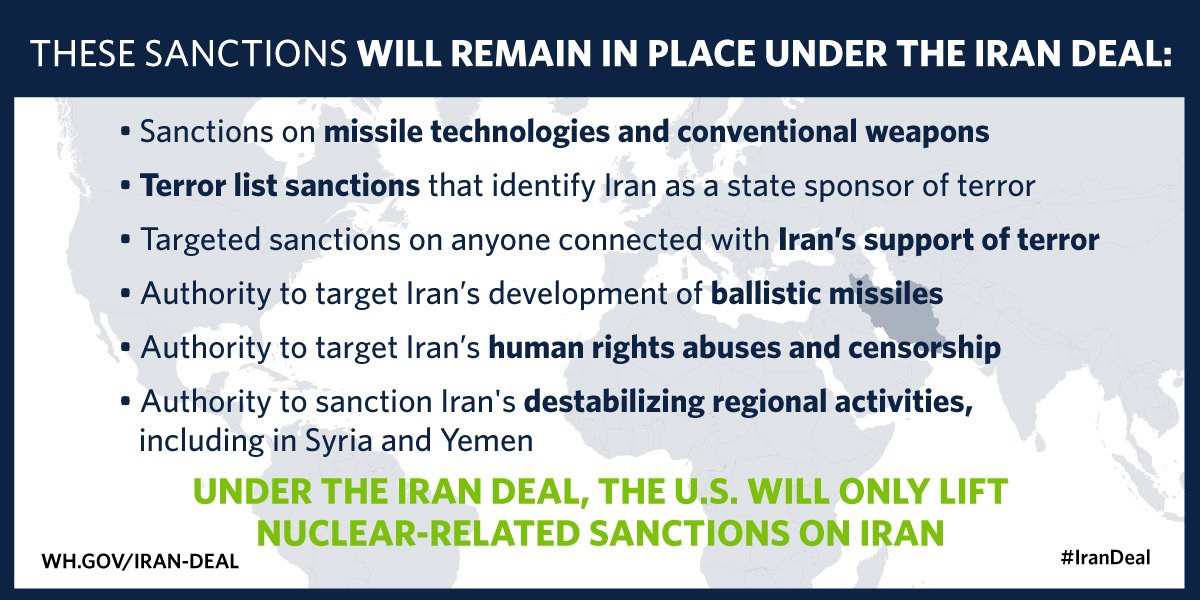TheHill: George Soros, a billionaire Democratic donor, told a close Hillary Clinton ally that he regretted supporting President Obama over her in the 2008 Democratic primary, according to an email released Thursday by the State Department.
Center for American Progress President Neera Tanden said in a May 2012 email to Clinton that Soros made the admission to her during a dinner. Additional detail here.
Soros-Linked Human Rights Group Calls on Businesses to Boycott Israel
Kredo/FreeBeacon: A leading U.S.-based human rights organization linked to Hillary Clinton supporter George Soros is planning to release a report this week that will call on businesses to sever relations with any company operated by Israeli Jews in the West Bank, according to an advance copy of the report provided to the Washington Free Beacon.
Human Rights Watch, which has been substantially funded by Soros and long accused of harboring an anti-Israel bias, will publish on Tuesday a 163-page report purporting to document how so-called “settlement businesses” harm Palestinians, according to an advance copy of the report set to be released Tuesday and provided independently to the Free Beacon.
Pro-Israel critics of the report describe it as biased and part of a larger effort by Israel’s critics to mainstream support of the Boycott, Divestment, and Sanctions movement, or BDS, which had been used by Israel’s detractors to wage economic warfare on the Jewish state.
The report comes as Israel battles a European Union effort to label any Israeli products produced in disputed areas. The Israeli government maintains that the effort to single out Israel for special designation is dangerous. Other critics say it is reminiscent of efforts by the Nazis to boycott and label Jewish businesses in Germany.
Human Rights Watch, which has long been viewed as overly critical when it comes to Israel, claims that Palestinians who work at Israeli companies based in the West Bank are being exploited by their Jewish employers.
Business should “stop operating in, financing, servicing, or trading with Israeli settlement in order to comply with their human rights responsibilities,” according to an advance press release sent by the organization to reporters. “Those activities contribute to and benefit from an inherently unlawful and abusive system that violates the rights of Palestinians.”
Israeli companies based in disputed territories currently employ nearly 21,000 Palestinians, according to the Palestinian Central Bureau of Statistics. Pro-Israel experts maintain that this relationship is fostering goodwill between the communities and offering struggling Palestinians stable employment.
“Human Rights Watch has a well-earned reputation for hostility to Israel, producing report after report attacking the Jewish state year after year,” said Elliott Abrams, a Middle East expert and deputy national security adviser for George W. Bush. “They are as obsessed with Israel as the [United Nations] is.”
Now, Abrams said, “they have done it again, this time jumping in with the BDS movement to urge boycotts of the Israeli companies that, ironically, provide the most employment for Palestinians in the West Bank.”
Palestinians are still seeking employment with them despite the political conflict surrounding the location of these Israeli companies, according to Al Monitor.
However, Human Rights Watch claims that Palestinians are harmed by their employment, claiming in its release that “settlement businesses facilitate the growth and operations of settlements.”
“These businesses depend on and contribute to the Israeli authorities’ unlawful confiscation of Palestinian land and other resources,” the group maintained. “They also benefit from these violations, as well as Israel’s discriminatory policies that provide privileges to settlements at the expense of Palestinians, such as access to land and water, government subsidies, and permits for developing land.”
William Jacobson, a Cornell law professor and pundit who publishes the website Legal Insurrection, said the Human Rights Watch Report is biased and agenda-driven.
“For many years Human Rights Watch has been criticized as having an anti-Israel political agenda,” said Jacobson, who writes frequently about the BDS movement. “This report reflects that agenda, with distorted presentations of international law geared towards reaching a preconceived conclusion supporting the BDS movement. Add this report to the long list of reasons why HRW cannot be taken serious as a neutral human rights group.”
One foreign policy consultant who declined to speak about the report on record said that the report is part of a larger campaign to defame and delegitimize Israeli efforts to form economic partnerships with Palestinians.
“The Israeli-Jewish companies targeted in this report provide jobs to Palestinians and support Arab-Jewish coexistence,” the source said. “These days they’re some of the only organizations and people in the West Bank doing those things, and yet HRW just produced a book calling for economic warfare against them. This attack is part of a broader political campaign targeting Israel and Israeli Jews. HRW is always willing to demonize Israel to the last Palestinian.”
***
Back in 2009: Visitor logs released by the White House late Friday show that a host of prominent people have been spending time at the executive mansion, including liberal powerhouses George Soros and former vice president Al Gore.
After a FOIA request to gain access to the White House visitor logs, it seems Marxists and progressives often visit the White House, see more detail here.
Here are some of the details of the Soros visits and imagine the phone calls.
On February 25, 2009 Soros visited David Lipton, then a White House economic adviser. (file #U70808)
On February 25, 2009 Soros visited Lawrence (Larry) Summers, who at the time was chairman of the White House U.S. National Economic Council for President Barack Obama. (file #U71032)
On March 24, 2009 Soros visited Christina “Tina” Tchen. (file #U80165) Tchen is Director of the White House Office of Public Engagement. According to her online bio from the White House website:
Tchen was previously a partner in corporate litigation at Skadden, Arps, Slate, Meagher & Flom LLP. In that capacity, Tchen represented public agencies in state and federal class actions, including the Illinois Department of Children and Family Services, the Illinois Department of Public Aid, and the Chicago Housing Authority. Tchen is the recipient of many awards, including the Leadership Award from the Women’s Bar Association of Illinois (1999); “Women of Achievement” award from the Anti-Defamation League (1996); and Chicago Lawyer “Person of the Year” (1994).
On March 25, 2009 Soros visited Lipton again. (file #U80759)
On February 16, 2010, Soros visited Summers (again) . (file #U79042)


